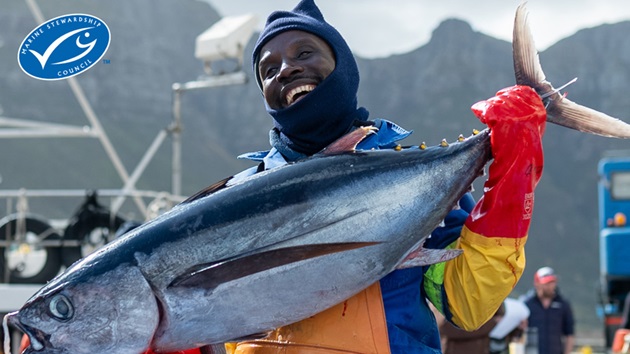We’ve been part of a team effort to keep oceans healthy and seafood sustainable for over 25 years. Read about the impact we and our partners have made in our latest reports.
Annual Report 2024-25
Despite ongoing global economic and geopolitical challenges, this has been a year of significant progress and innovation for our oceans. This was evidenced by the UN Ocean Conference in Nice this June, where the 15,000 delegates included more than 60 heads of state and heads of government.
Within the MSC Program, the number of fisheries engaged increased from 716 to 738. The total volume of MSC engaged catch is now 16,100,767 metric tons, or 20.6% of all wild marine catch.
There has also been encouraging progress in under-represented areas, including in Latin America and West Africa. Engaging more fisheries is a key part of our mission, and the report highlights the role of our new Improvement Program in achieving this.
Many more highlights are included inside. Download the report for:
- Features on key species groups: Whitefish, tuna, lobster, salmon, prawn and shrimp, and octopus and squid.
- Delivering impact: Updates on our Improvement Program, the Ocean Stewardship Fund, and Pathway to Sustainability projects.
- Raising awareness: How we and our partners are inspiring millions of consumers to choose MSC labelled seafood.
MSC Reports

MSC Biodiversity Report
Well-managed sustainable fishing practices are vital to ensure the biodiversity and resilience of marine ecosystems. Learn more in our biodiversity report, Preserving ocean life: How sustainable fishing supports biodiversity.
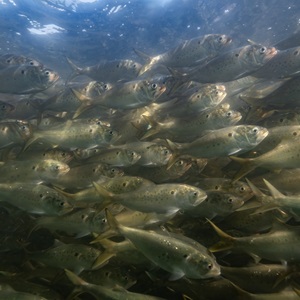
Small Pelagic Yearbook 2025
The Small Pelagic Yearbook 2025 outlines the challenges facing the species, such as impacts of climate change on stock shift distributions, whilst providing an analysis of the global market for this species. It highlights some exemplary case studies of certified small pelagic fisheries, as well as the role of certification in supporting positive outcomes for people and planet.

MSC Canada Tuna Report
The volume of MSC certified tuna sold in Canada surged 582% in the two years ending in 2024. This report examines the positive impact of demand for sustainable tuna, the brands driving this transformation, and Canada's leadership position as a top-five global market for MSC certified tuna.
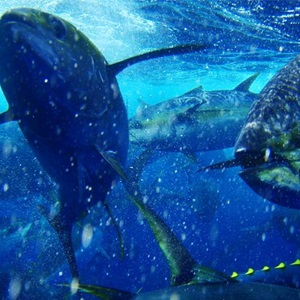
MSC Sustainable Tuna Yearbook 2024
This report provides a comprehensive summary of the state of global tuna stocks, the issues surrounding sustainable harvest, global market demand, and certified sustainable tuna fisheries.
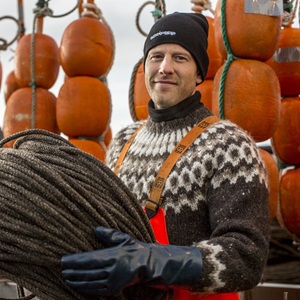
Annual Report 2023-2024
Despite the challenges of persistent high inflation and the cost-of-living crisis, our partners’ commitment to sustainable seafood remains stable. Over the past year we have seen steady growth in consumer awareness of the MSC label, sales of MSC labeled seafood, and fishery engagement with the MSC program.

The State of the Water Report for Canada 2023
The State of the Water Report for Canada is the first of its kind and provides a detailed analysis of the positive effect that MSC certification is having on the fisheries that have chosen to be assessed against the MSC Fisheries Standard.

Blue foods: The role of sustainable fishing in feeding a growing population
Tackling over-fishing is a ‘win-win’: conserving our rich marine resources will enable more people to get the nutrients they need to live healthily, helping to improve livelihoods, safeguard marine ecosystems and reduce the environmental impacts of food production. This briefing gives an overview of the role of wild capture seafood in feeding a growing global population as part of the United Nations ‘blue transformation’ strategy.
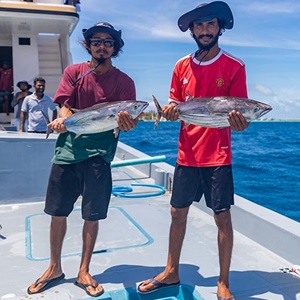
Sustainable fishing, the MSC, and the Sustainable Development Goals
This briefing sets out the role of sustainable fishing and seafood certification in supporting sustainable development across environmental, social and economic goals. It summarizes an analysis of how engaging with the MSC’s program for sustainable fishing contributes to five SDGs, and how governments and businesses can access MSC tools and data to demonstrate their efforts towards delivering these shared targets.

